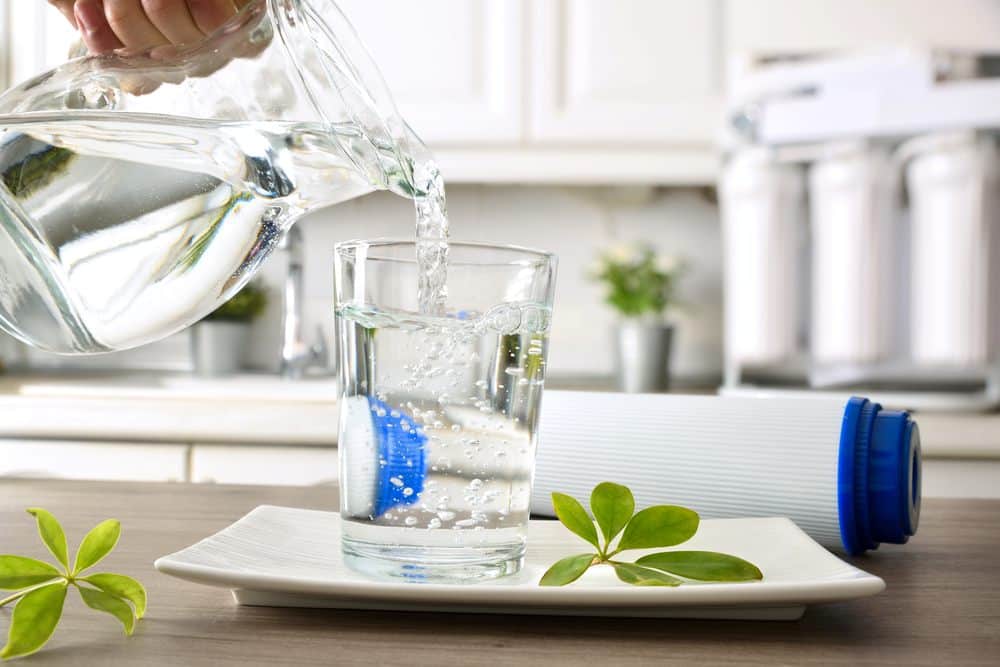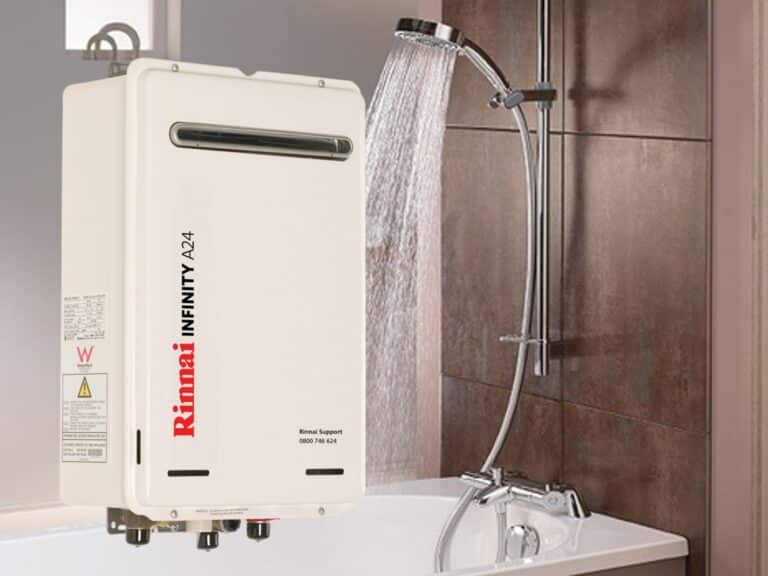New Zealanders can be confident that town-supply water is generally safe and well-regulated. Councils treat and test drinking water to meet national standards, and most households can rely on that supply day to day. At the same time, many people across the country still choose to install water filters at home.
This isn’t because the water is lacking. It’s about taste, comfort, and quality of life. A filter acts as an upgrade, taking what already meets the minimum and making it better for drinking, cooking, and everyday use. From fresher flavour to protecting appliances, there are plenty of practical reasons to consider filtration.
Key Takeaways
- Town water is safe, but filters improve taste and odour.
- Filtering helps reduce dryness and irritation on skin and hair.
- Appliances last longer and stay cleaner with filtered water.
- Rural and rainwater users benefit from added protection.
- Filtration is a lifestyle upgrade that offers peace of mind.
Better Taste and Fresher Drinking Water
Even when water is treated to national standards, chlorine is commonly added for disinfection. That trace amount is safe to drink, but it can affect flavour. Minerals in the supply, or residue from pipes, may also change how water tastes. In some areas, households report a metallic note, while others notice an unusual smell that puts them off drinking straight from the tap.
A good carbon filter removes chlorine and fine sediments, leaving water tasting cleaner and fresher. That makes a noticeable difference in the kitchen – from the morning coffee through to cooking pasta or brewing tea. It’s also a subtle but powerful motivator for families: when water tastes better, people naturally drink more, which supports overall hydration and health.
Softer on Skin and Hair
For some people, chlorine in water can cause dryness or irritation. Sensitive skin, eczema, and scalp conditions can feel worse after repeated exposure to chlorinated showers. Even when no medical issues are present, many notice that unfiltered water leaves skin tight and hair brittle.
A shower filter or whole-home filter helps reduce those effects. By lowering chlorine levels, filters leave water feeling gentler on the skin and hair. It’s a small change that can improve daily comfort, particularly for families with young children, households with pets, or anyone aiming to reduce irritants in their daily routine.
Protecting Household Appliances
Minerals and sediment in water often leave a mark on appliances. Kettles build up scale, dishwashers run less efficiently, and fixtures around sinks and showers can stain or corrode. Over time, this reduces the lifespan of appliances and makes cleaning harder.
Filtration reduces the mineral load that causes scale. With cleaner water feeding into appliances, households spend less time scrubbing and less money replacing equipment. A washing machine or dishwasher fed by filtered water will generally need less descaling, while taps and showerheads remain shinier for longer. Over the course of years, this protection adds up to significant savings and a better-looking home.
Extra Assurance for Older Plumbing
Water may leave the treatment plant in excellent condition, but the last part of its journey happens through private plumbing. In older homes, that can include pipes that leave a metallic taste or sediment. Rust, fine particles, and biofilm can all affect the clarity and taste of water without breaching any safety standard.
A filter at the sink or point of entry provides an extra layer of assurance. It captures the fine particles that might have entered from older pipework, ensuring every glass is as clear and fresh as possible. For many families, that small layer of protection offers peace of mind, especially in homes undergoing renovation or those with plumbing that hasn’t been updated for decades.
Rural and Rainwater Applications
Not every Kiwi home relies solely on council supply. In rural and lifestyle blocks, rainwater tanks and bore water are common. These sources often carry sediment, organic matter, or bacteria that aren’t addressed by chlorination. Tank water may also pick up leaves, bird droppings, or roof contaminants, while bore water can be high in minerals like iron and manganese.
Here, filters and UV systems become essential. A cartridge filter removes dirt and grit, while a UV system neutralises bacteria. Even in urban homes, filters add value when tank water is used for gardens or as a supplementary supply. This flexibility makes filtration relevant far beyond town boundaries and positions it as a sensible investment for both city dwellers and those off the grid.
Confidence for Health-Conscious Families
Many households choose filtration as part of a broader wellness lifestyle. It’s about adding confidence and comfort to what goes into every glass and meal. Just as heat pumps can improve the air you breathe at home, water filters can make every glass of water taste fresher and feel better to use. Parents often install filters for peace of mind with young children, or to support a healthier daily routine.
For others, it’s about removing the “extras” like chlorine, sediment, or odd tastes so the water is as clean and neutral as possible. In this sense, filters become part of a home’s wellness toolkit, alongside nutrition, exercise, and other choices made for long-term wellbeing. For households invested in sustainability, filtration can even reduce reliance on bottled water, cutting down on single-use plastic and weekly grocery costs.
Practical and Flexible Options
Installing a filter doesn’t require major renovation. Benchtop units, undersink cartridges, and shower filters are quick to set up and easy to maintain. Cartridges are inexpensive to replace, and modern designs fit neatly into kitchens without disruption.
For larger households or those on multiple water sources, whole-home systems offer a set-and-forget solution that covers every tap. Families with busy routines appreciate the convenience of a system that runs quietly in the background, needing only periodic cartridge changes. With the range available, there is a filtration option suited to virtually every home, lifestyle, and budget.
Wrapping It Up: A Simple Upgrade That Lasts
Town-supply water in New Zealand is well-regulated and safe. Yet for many households, filtering is about going beyond the basics. Cleaner taste, gentler showers, longer-lasting appliances, and peace of mind all add up to make water filters a practical home upgrade.
Whether it’s a simple benchtop filter for drinking water, a shower cartridge for comfort, or a whole-home system for maximum coverage, the right filter makes daily life smoother and more enjoyable. In an age where families are more conscious of their health, their environment, and the value of their household investments, a filter stands out as a cost-effective improvement.
Over time, the benefits become part of the rhythm of daily life. Every cup of tea tastes better, showers feel more refreshing, and appliances last longer. That’s why water filters continue to make sense for Kiwi homes as an upgrade that pays dividends in comfort and confidence every single day.
Note: Council-supplied water in New Zealand is treated and tested to national standards. Filtration is discussed here as an optional way to enhance taste, comfort, and lifestyle.




